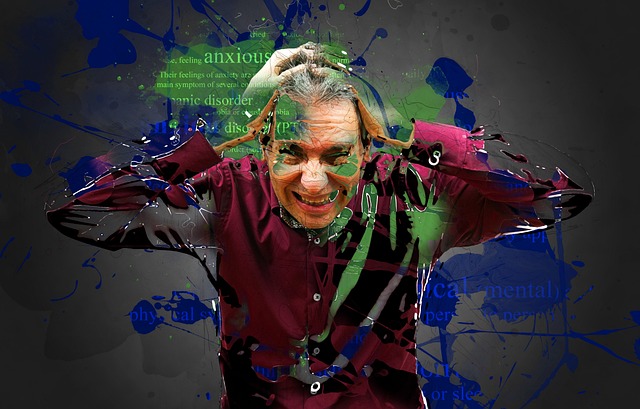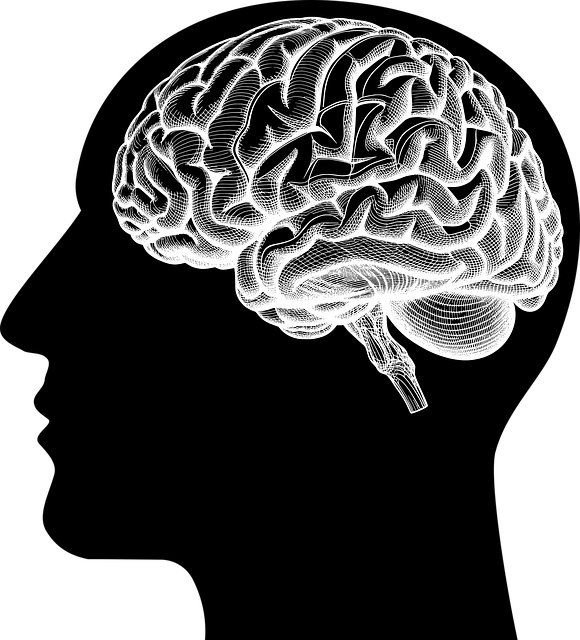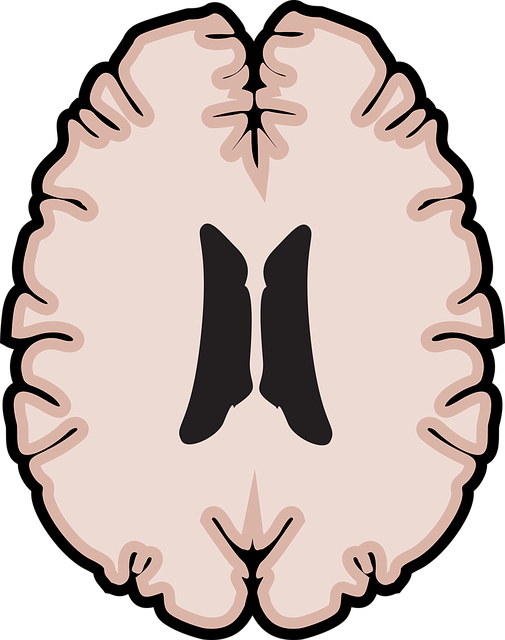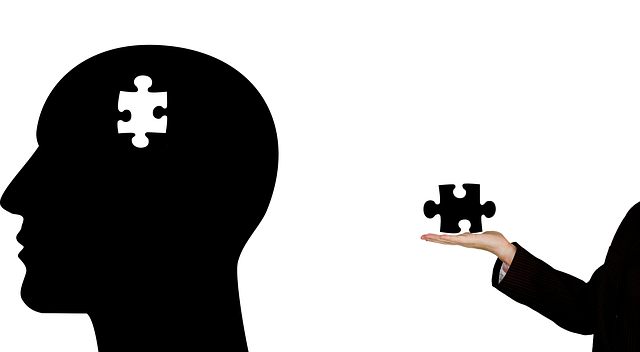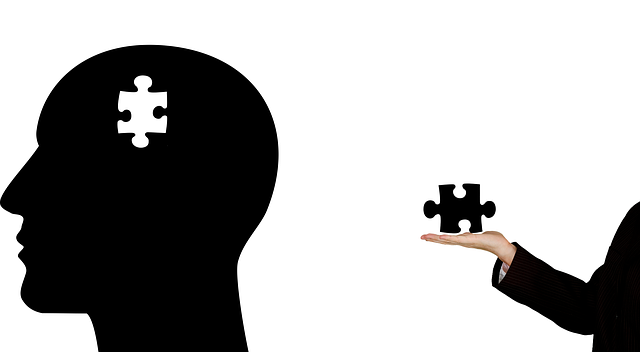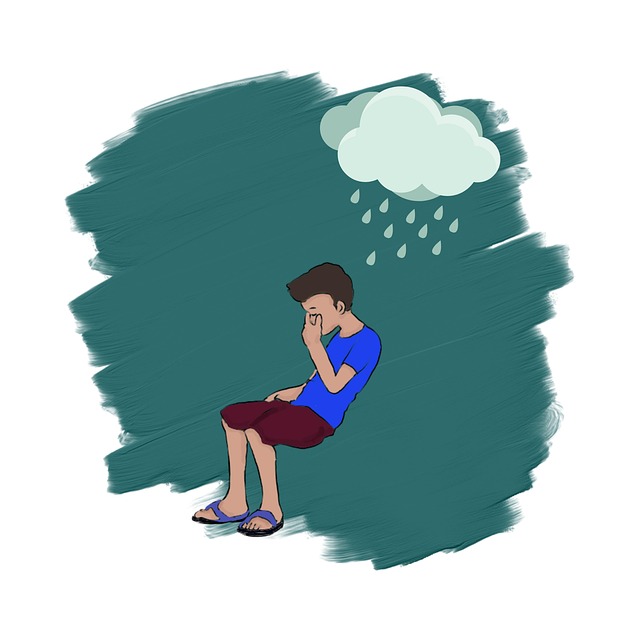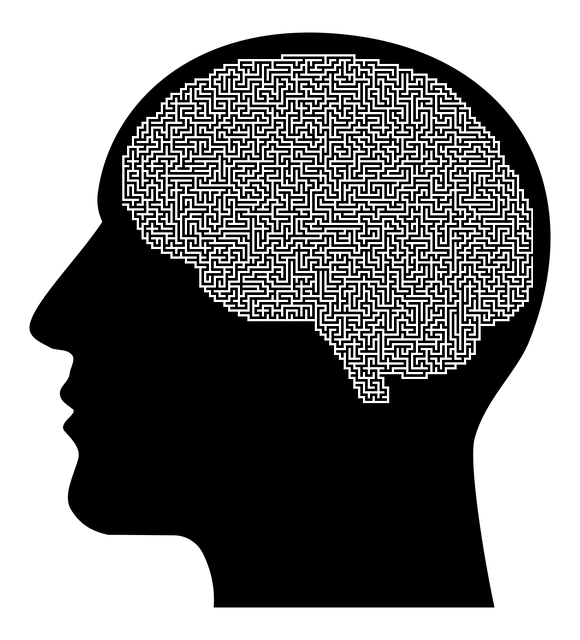Castle Rock Anger Management Therapy (CRAMT) offers a unique, holistic approach to anger management combining mindfulness, cognitive behavioral therapy, and stress management techniques. Their RFM model (Recall, Face, Mastery) guides individuals through emotional healing and coping skill development. CRAMT incorporates mental wellness journaling exercises for self-reflection and promotes personalized self-care practices to enhance resilience and overall quality of life. The program leverages guided meditations, breathing exercises, and role-playing scenarios to cultivate present-moment awareness, manage anxiety, control anger, and promote positive outlooks. Success is measured through assessments of emotional regulation skills and journaling insights, showing improved emotional control and healthier coping mechanisms.
“Discover the transformative power of Castle Rock Anger Management Therapy, a pioneering approach to fostering resilience through unique, structured exercises. This article explores how the RFM (Regulation, Focus, and Motivation) framework serves as a cornerstone in this therapy, enhancing participants’ ability to manage anger and build mental fortitude. We’ll delve into practical strategies for implementing RFM sessions, measuring their effectiveness, and showcasing the tangible impact on individuals’ resilience through real-world applications of this innovative therapy.”
- Understanding Castle Rock Anger Management Therapy: A Unique Approach
- The Role of RFM in Resilience Building Exercises
- Implementing RFM: Strategies and Techniques for Effective Sessions
- Measuring Success: Evaluating the Impact of RFM on Participants' Resilience
Understanding Castle Rock Anger Management Therapy: A Unique Approach

Castle Rock Anger Management Therapy (CRAMT) is a unique and innovative approach to addressing anger-related issues. This therapy goes beyond traditional methods by offering a holistic framework that combines various techniques, including mindfulness, cognitive behavioral therapy, and stress management strategies. The primary goal of CRAMT is to help individuals understand and manage their anger in healthy and constructive ways. By delving into the root causes of anger, clients learn effective crisis intervention guidance to de-escalate situations before they escalate.
Incorporating mental wellness journaling exercise guidance within CRAMT allows participants to reflect on their emotions and thoughts, promoting self-awareness and personal growth. Additionally, therapists utilize self-care practices tailored to each individual’s needs, empowering them to maintain emotional balance and resilience in their daily lives. This comprehensive approach ensures that clients gain valuable tools for enhancing their mental wellness and overall quality of life.
The Role of RFM in Resilience Building Exercises

Resilience building exercises play a pivotal role in enhancing individuals’ ability to navigate and overcome life’s challenges. At Castle Rock Anger Management Therapy, we recognize that resilience is not just about enduring difficult circumstances; it’s about thriving despite them. Our approach leverages techniques like RFM (Recall, Face, Mastery), a framework designed to facilitate emotional healing processes and coping skills development.
The RFM model guides individuals through a structured process: recalling past experiences, facing internalized traumas or stressors, and mastering new strategies for managing emotions. This holistic method complements mental wellness journaling exercises, providing guidance on how to document and reflect on personal growth journeys. By engaging in these resilience-building activities, clients at Castle Rock Anger Management Therapy gain invaluable tools for emotional regulation, fostering a sense of control and enhancing their overall mental wellness.
Implementing RFM: Strategies and Techniques for Effective Sessions

Implementing RFM (Resilience, Flexibility, and Mindfulness) involves strategic planning to ensure effective sessions that contribute to improved mental wellness coaching programs development. At Castle Rock Anger Management Therapy, we employ a multi-faceted approach combining mindfulness exercises with cognitive behavioral techniques to foster resilience in individuals. These strategies not only enhance mood management but also equip clients with tools to navigate life’s challenges more effectively.
Our methods include guided meditations tailored to cultivate present-moment awareness, breathing exercises for anxiety relief, and role-playing scenarios that mimic real-life situations. By integrating these practices into RFM sessions, we promote emotional regulation and adaptability. The ultimate goal is to empower individuals with the skills needed to manage stress, control anger, and maintain a positive outlook, thereby enhancing their overall quality of life.
Measuring Success: Evaluating the Impact of RFM on Participants' Resilience

Measuring success is a vital step in understanding the effectiveness of Castle Rock Anger Management Therapy’s RFM (Resilience, Flexibility, and Mindfulness) program. The impact of this approach on participants’ resilience can be evaluated through various means. One way is by assessing changes in their emotional regulation skills; the ability to manage and control intense emotions, like anger, is a cornerstone of mental wellness. Participants may report reduced frequency and intensity of angry outbursts over time, indicating improved emotional regulation.
Additionally, Mental Wellness Journaling Exercises can provide valuable insights. Encouraging participants to reflect on their experiences and emotions allows them to identify triggers and develop healthier coping mechanisms. Over the course of the program, improvements in their ability to navigate challenging situations without resorting to anger could be a strong indicator of success. This qualitative data, coupled with quantitative measures, offers a comprehensive evaluation of RFM’s impact on participants’ resilience, ultimately enhancing their overall emotional well-being.
Castle Rock Anger Management Therapy (CRAMT) offers a unique and innovative approach to building resilience through its structured RFM (Regulation, Focus, Motivation) framework. By implementing this method, practitioners can effectively guide participants to manage anger and develop emotional resilience. The strategies outlined in this article provide valuable insights into how CRAMT sessions can be designed for optimal impact. Through measuring success and evaluating participant progress, therapists can ensure the RFM model enhances individuals’ ability to navigate challenging situations, ultimately fostering a more resilient mindset.
